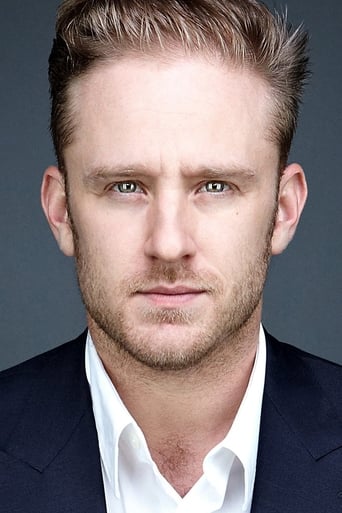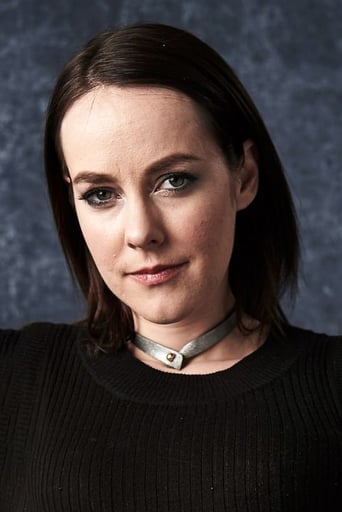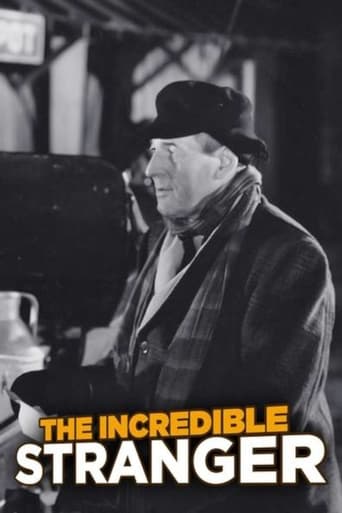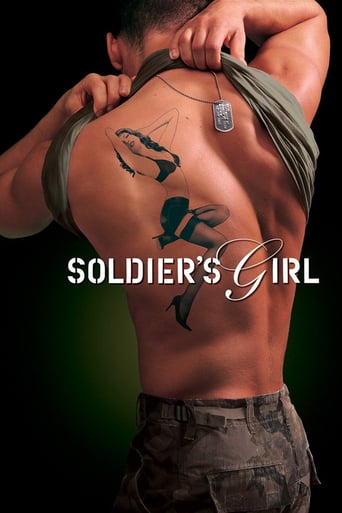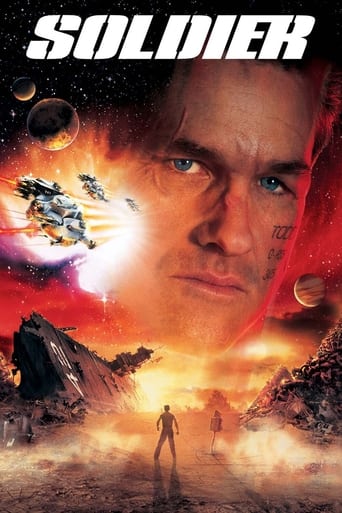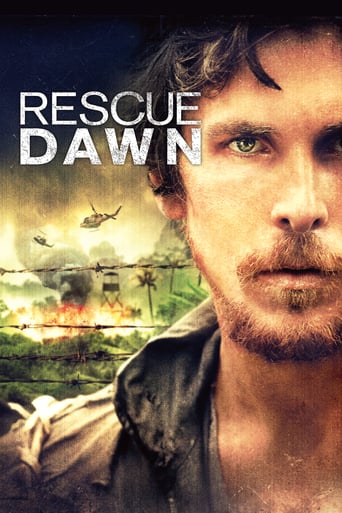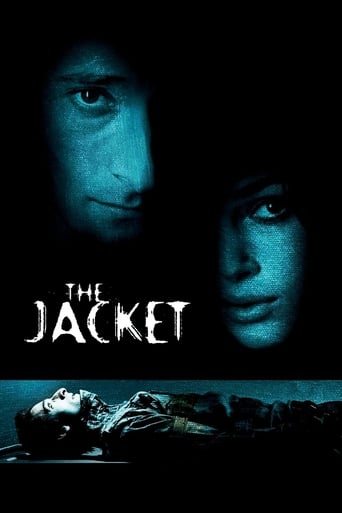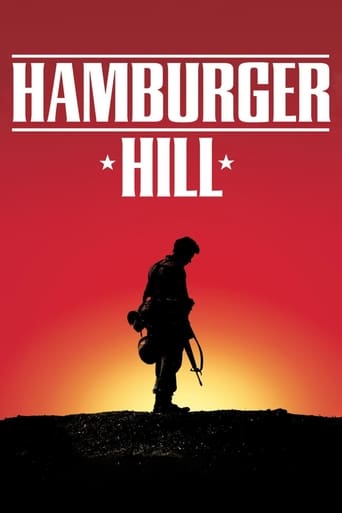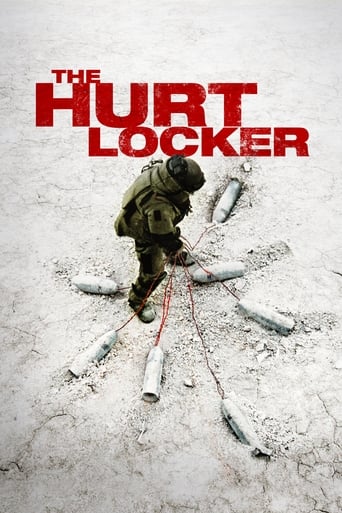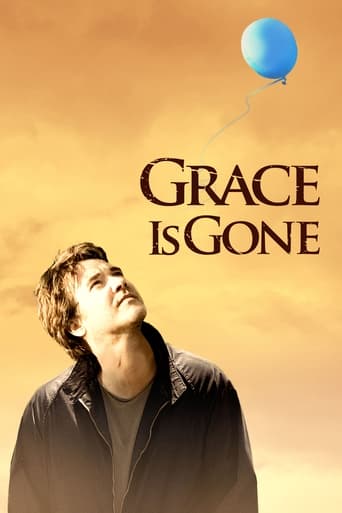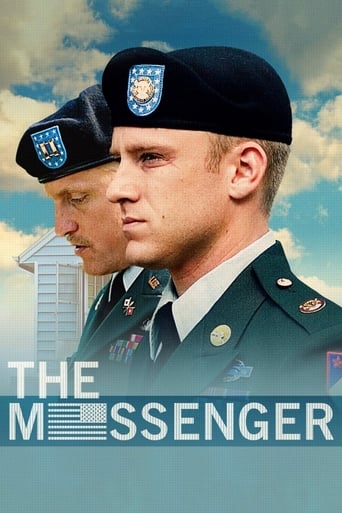
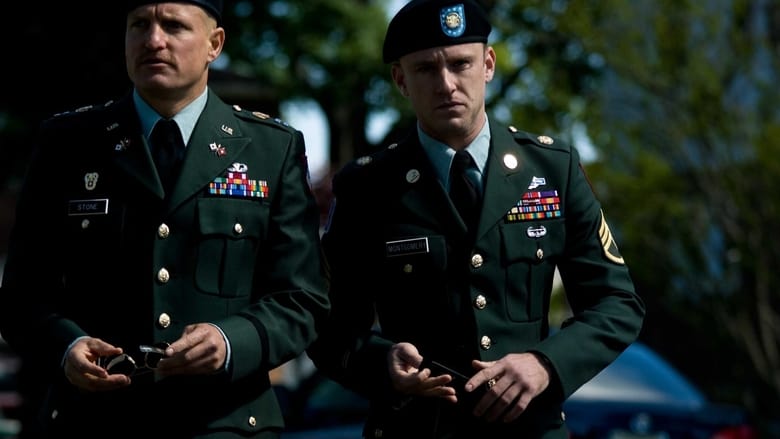
The Messenger (2009)
Will Montgomery, a U.S. Army Staff Sergeant who has returned home from Iraq, is assigned to the Army’s Casualty Notification service. Montgomery is partnered with Captain Tony Stone, to give notice to the families of fallen soldiers. The Sergeant is drawn to Olivia Pitterson, to whom he has delivered news of her husband’s death.
Watch Trailer
Cast


Similar titles
Reviews
The beautiful thing about "The Messenger" is that it doesn't come across as a heavy handed message about the Iraq War. The potential for that was there in the plot. Woody Harrelson and Ben Foster play army officers who are assigned to the duty of informing families of the death of loved ones in Iraq. It's emotionally moving to watch the varied reactions of the different families, who respond with anger, with grief, with tears and sometimes with stoic resignation. But for the most part the movie doesn't revolve around that. It revolves around the characters played by Harrelson and Foster.Harrelson is the veteran. His Captain Tony Stone has been doing this for a while, and he has it down to an art form - a little cold perhaps, but very professional, as befits an officer. Stone is a veteran of Operation Desert Storm in 1991 - the first (and very short) was against Iraq, and you get the sense that he's burdened with guilt about having been in such a relatively bloodless war. Foster on the other hand is the new recruit to this line of work. His Sargeant Will Montgomery is a veteran of the real Iraq War - and he's seen blood, including a friend being blown up in front of him. As he says at one point to Stone in frustration, "I've been in firefights that lasted longer than your whole damn war." Perhaps that experience makes him more compassionate, less willing to do everything by the book, and it leads to him developing a bond with the widow to whom he brought the news of her husband's death.I wouldn't call this a plot-driven movie. The plot takes second place to the real struggles of the characters involved, and Harrelson and Foster do a very fine job of portraying those struggles. (8/10)
Though The Messenger shows no actual combat or scenes of fighting, it would seem to be in the vein of some of the anti-Vietnam movies of say, Oliver Stone and such, showing an alternative way how war messes people up.The Messenger is also a largely unlikeable film, being also difficult to watch and now, to review. A messenger in this sense is someone who has to knock on next-of-kin's doors and inform them that their son/daughter has been killed in action. Reactions, unsurprisingly are mixed and unpredictable.Naturally, this requires a special type of person to handle such and in military captain Tony Stone (Woody Harrelson), who's been decorated but also in A.A., we find a flawed and angry man. Taking on a younger new recruit, Staff Sgt Will Montgomery (Ben Foster) there's the obvious clash of experience and outlook and the even more inevitable buddy type of hanging out together.Unfortunately for us, both men seem to like to resort to thrashing out heavy metal and punching the walls as a means of coping with the pent up frustrations that the job's rigid rules around emotion and self control insist upon. This makes it all jarring and unsettling, which may well have been what director Oran Moverman wanted. This is Moverman's first film and is reasonably accomplished.There is some very welcome support from two of the world's finest character actors - Steve Buscemi and Brit Samantha Morton. They play father and wife, respectively of two entirely different men killed in Afghanistan and their characters feature big in the emotions of our two leads. Morton as widow, who Foster helps but fortunately (for both the film and us) does not get too emotionally involved, is probably the easiest role to both like and believe.The Messenger is a well acted, reasonably well directed film but one that is also quite long. As I said, I didn't find it particularly enjoyable and as such, cannot personally readily extend to beyond 7/10.
Two-thirds into The Messenger, Woody Harrelson's grizzled Desert Storm veteran ironically puts his finger on part of the reason why Hollywood's Iraq war dramas have been such flops. As he tells Ben Foster's young, traumatised war hero, "In Vietnam, those guys got laid six ways from Sunday". Bosnia? "Best brothels in the world." But Iraq? "All that religious bulls**t – and nobody getting laid. That's half the reason everybody's so angry!" Crudely put, Iraq isn't sexy. Iraq is too recent, too raw, too alien and frankly too illegal for most cinema-goers to regard as entertainment. Even the prospect of Jason Bourne in Baghdad couldn't save Green Zone from scooping less than a handful of sand at the box office. And if The Hurt Locker proved the bankable exception, all it really proves is that people prefer their action movies as apolitical as possible. Actually, the best films being made right now about the wars in the middle-east are documentaries – which is also problematic, as American audiences usually look forward to those about as much as getting their feet blown off by an IED. As a US army private remarked in 2007, Iraq "is a reality show everybody's bored of." What The Messenger does is to bring the war back home again in a very literal and jolting way. Foster and Harrelson play emissaries for the Angel of Death. As a Casualty Notification team it is their hideous assignation to ring doorbells and unmake somebody's day. These soldiers may be deactivated from combat, but together they're as lethal as a pair of hollow points – one weathered and scratched, the other, freshly popped out of the mould, repeatedly strolling into zones packed with emotional time-bombs... and heavily pregnant girlfriends. It's never anything other than absolutely horrible. And strangely, calls to mind Alan Clarke's short film Elephant – a succession of near-wordless sectarian executions in Northern Ireland. With their long, static takes, both pictures have a voyeuristic quality, but where Elephant is coolly dispassionate, The Messenger means to shake you like a rag doll, and does so.As a character study and dark sort of buddy movie, it works very well. There's something of the young Sean Penn about the excellent Foster, straining to reach out to the world, while the testosterone-squirting Harrelson, whose bald dome and beady eye makes him look even more like a walking erection, personifies the confluence between lust and war with every utterance: "I'd like to strap her on and wear her like a government-issue gas mask" he notes of a passing barmaid.If there's a certain over-familiarity about its scenes of men hurting themselves in small rooms to speed metal soundtracks, or limping dazedly around supermarket aisles longer and wider than Death Valley, well, perhaps that's unavoidable: this is now cinema's official depiction of PTSD. The film does lose focus after Foster ignores procedure ("Don't touch the N.O.Ks!") and falls for Samantha Morton's army widow – a beautifully understated performance, despite having to parrot such clunky Oscar-bait as "His shirt smelled of rage and fear. It smelled of the man he had become, over there. You know?" In his 1959 novel The Tin Drum, Günter Grass conjures up a swanky post-war nightspot called The Onion Cellar, where emotionally constipated Germans pay through the nose to perch on crates and ritually slice onions until they're swimming in crocodile tears. Back then, Grass was satirising Germany's inability to grieve following its numbing defeat. Today, Hollywood is harvesting onions as fast as it can – yet the more onions it lobs at audiences, the more audiences duck. Perhaps years from now, a drama will be made that perfectly articulates the Allied experience of Iraq, as The Deer Hunter or Apocalypse Now did with Vietnam. The Messenger isn't that film, but it's among the better ones.
A film about truth. In every nuances. With any texture. A film about silence. survive. Expectation. Fear as fruit of every slice of courage. A film without definition. Basic ingredients and few looks. A handful of words. Shadows of wars and some Several meetings. Ben Foster is brilliant. Woody Harrelson - impressive in a role with pieces of other scores. But that are details. The taste of ash, the silence after end, the last images and the sound of piano are more than results of director art.A movie in which public is important part Not for emotions or impressions but for its role of theater play. Without applause. Only proof of ordinary events.


